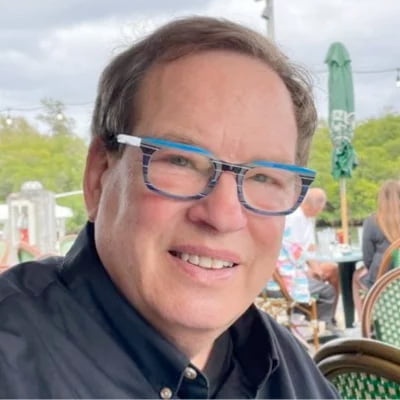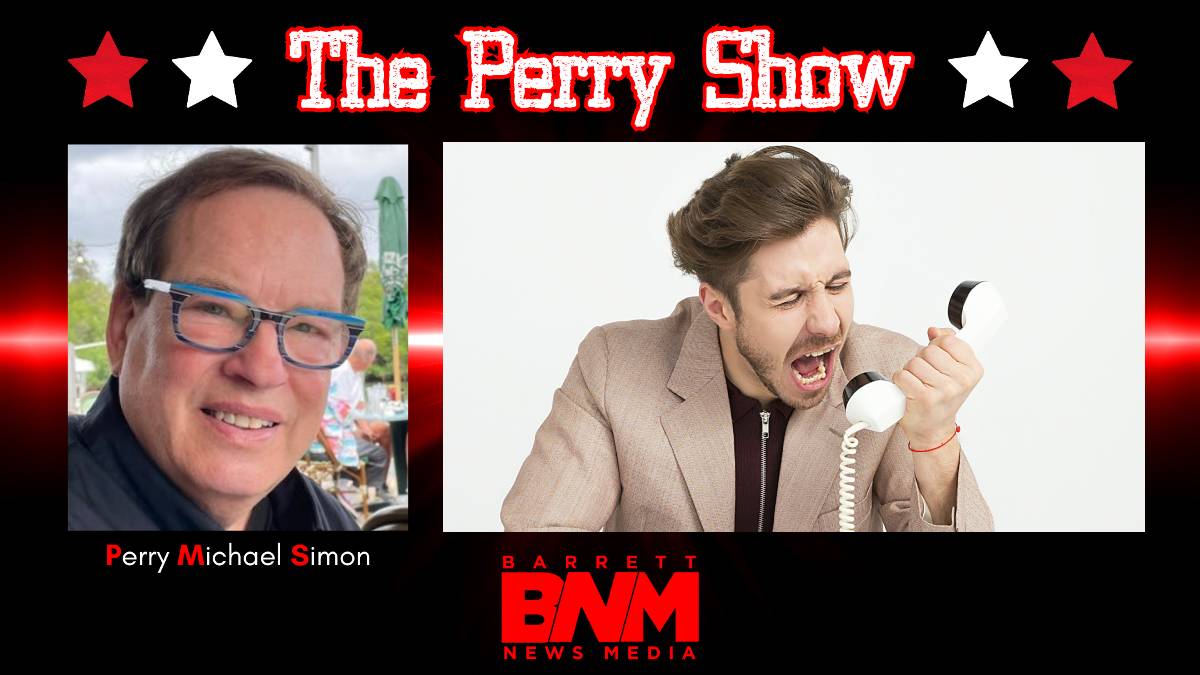What makes an expert an expert? Is there a media pundit certification process? Does a particular post-graduate degree include the qualification to sit on a CNN or Fox News panel? Does everyone who has ever worked in any administration get to be anointed an expert on anything? If you’ve been within spitting distance of The New York Times or Washington Post buildings, are you immediately entitled to banter with Joe and Mika? How does this work?
Lately, watching coverage of the presidential horse race on cable news has become even more aggravating than usual, with a continuous parade of failed candidates, minor ex-bureaucrats, and random reporters offering the kind of expert opinion also available from randos on social media. Turn on talk radio and it’s the same thing. To whom is the host talking, and what qualifies them as knowing anything about anything?
Okay, so, it’s not like you have to explain every guest to the audience, but maybe you should if it’s not obvious. Merely presenting someone who was Deputy Assistant Communications Sub-Director in a previous administration, or even a former Congressperson of whom nobody’s ever heard, isn’t really enough to explain why their opinions and analysis are more valuable than anyone else’s.
There’s also the related question of why some pundits who are consistently wrong keep getting called upon to appear on cable news panels and talk radio shows. Shouldn’t there be some kind of three-strikes rule: Three incorrect predictions and you’re banished from the Council of Experts? How wrong do you have to be to lose your expert status? Because if you’re, say, a sports betting host and your picks are always wrong, you’re not going to last long, are you? (Don’t answer that.)
Slight digression: I once went to lunch with a reporter who had just been assigned to cover broadcast media by a very large regional newspaper, who told me why they quoted the same questionable “experts” as their predecessor.
There’s no time, they said, to find out who the real experts are, and it’s much, much easier to consult previous articles and just call the same sources their predecessor cited. Why do the work when someone else did it for you, as poorly as they may have done so? If that’s how you book your guests or get your expert quotes, don’t. Just don’t.
(Another digression: Are you old and experienced enough to remember that brochure they used to send out every month pitching guests for radio and television interviews? So many psychics and “miracle cure” doctors, SO many psychics and “miracle cure” doctors. I wonder how many of those guests actually got booked.)
As we move forward in this election year, it’ll be tempting to fill time with endless interviews and panels with analysis of whatever temporary burning issue is in the headlines that hour.
There’s no getting around that, but if you’re going to do that, at the very least, get guests who have real-world qualifications that put weight behind their opinions, and, if at all possible, get people who aren’t affiliated with the campaigns. If you can identify their agenda before you even hear a word they say, what’s the point of having them on? Who wants to see or hear what they already know is coming?
Find experts and pundits who you can certify know what they’re talking about, and who you know are interesting and entertaining enough to hold an audience. That’s more work than just grabbing the same guests as usual, but that’s kind of your job.
(And if there’s no standard for who qualifies as an expert, well, you know where to find me. I’ll talk about anything.)

Perry Michael Simon is a weekly news media columnist for Barrett Media. He previously served as VP and Editor/News-Talk-Sports/Podcast for AllAccess.com. Prior to joining the industry trade publication, Perry spent years in radio working as a Program Director and Operations Manager for KLSX and KLYY in Los Angeles and New Jersey 101.5 in Trenton. He can be found on X (formerly Twitter) @PMSimon.








